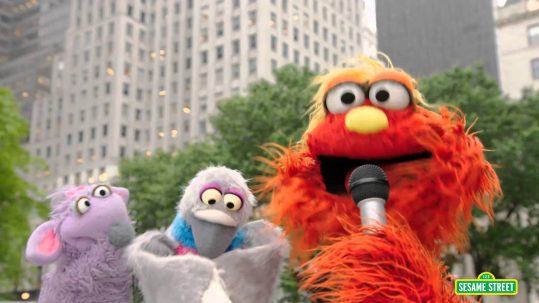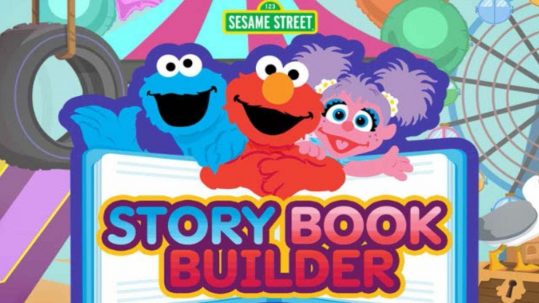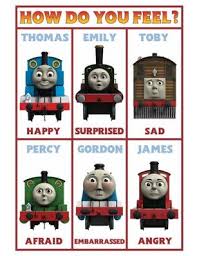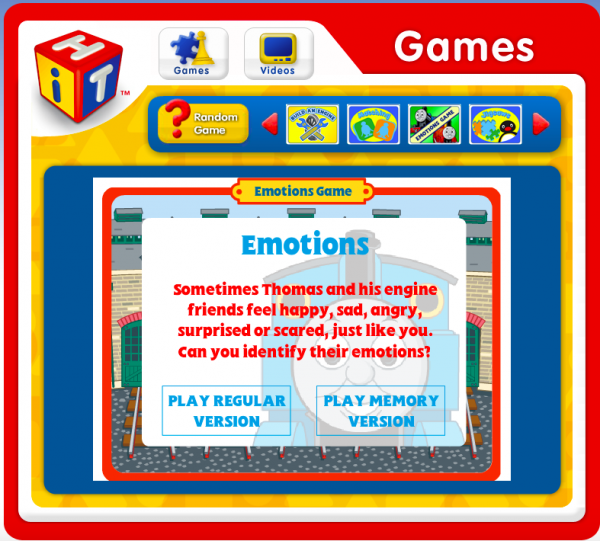
Emotions Charades
Practice at home by ‘acting out’ different emotions with your child. You can do this in front of a mirror, or camera on your device.
TIP: If using your device, you can create your own flashcards for each emotion by downloading a photo editing app. Check out the flashcards our staff created below!
emotions-deck-MIXEDNot sure how to make your own visuals at home? See our Blog Post “Top tips for making photo visuals at home” for APP suggestions, as well as points to consider to make the visuals most engaging for your child.
Make-A-Face
Use playdough or drawing activities to practice describing the features of each emotion with your child. Choose an emotion, and encourage them to think about what the eyes, mouth, facial muscles and body are doing that can help you to identify that emotion.
TIP: Use online drawing APPS or games to complete this activity, such as ABCYA’s ‘Make A Face’
Loveable Sesame Street characters often talk about the things they are feeling, or the things they can see happening. This provides many opportunities for children to learn about what emotions look and feel like, as well as times when we may feel emotions (such as ‘sad’ and ‘angry’)
Name that Emotion with Murray!

Sesame Street Story-book Builder

The exaggerated facial expressions of characters can make Thomas the Tank engine an exciting way for children to begin to engage with emotions.
Emotions cards



Thomas and Friends – Many Moods

Anime-style illustrations often exaggerate body language and facial expressions, making these types of images a great way to understand the body features that match with each emotion. Pokemon is one of the most popular anime-style shows with young children today.
FUN FACT: Did you know that Satoshi Tajiri, the man who created Pokemon, has Autism?
Give Pikachu a Face
Choose an emotion and have your child draw the emotion on Pikachu. Encourage your child to describe the facial features as they draw the emotion.

Pokemon Emotions
Our team has created this flashcard set, showing different emotions portrayed by Pikachu, Psyduck and Togepi. See if your child can name the emotion, or talk about a time they have felt the same way.